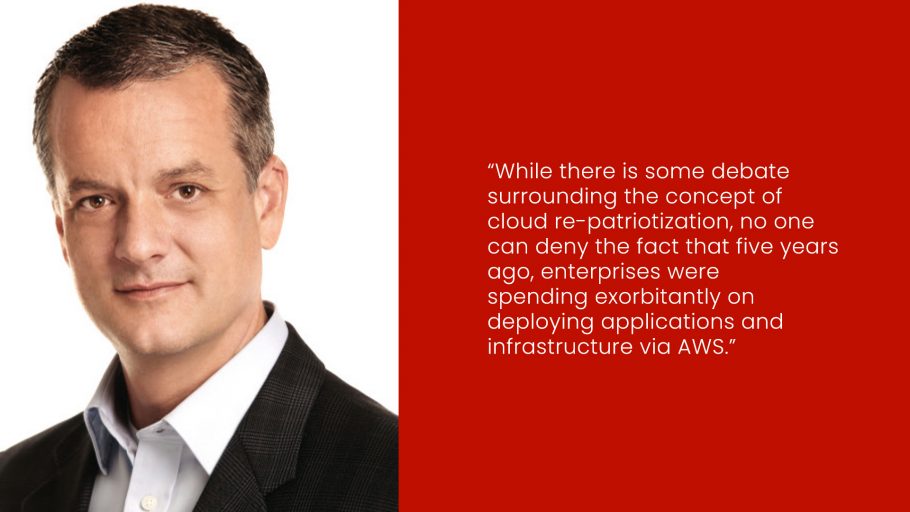1. The future of colocation has nothing to do with colocation.
Today, infrastructure and connectivity are table stakes and the idea of trying to differentiate based on the physical qualities of a data center is outdated.
In 2019, the digitization of IT service delivery will accelerate. Infrastructure – colocation in particular – will be differentiated by software-driven visibility and control, and API-capable orchestration platforms built on microservices architectures, which enable unprecedented visibility, access, and control across entire IT environments.
The future of colocation is in the area of advanced service delivery and the automation that surrounds it. For example, customers will demand the ability to view in a single pane (web or app) the status and health of every IT device, network connection, and cloud environment, with analytics and predictive capabilities built in, to take direct action and make more efficient business decisions. If you can’t offer that, you are the dying breed of colocation.
2. The notion that enterprises must tether to a particular data center to reach a cloud will cease to exist.
Colocation and IT ecosystems are becoming less confined to a single data center because the cloud is everywhere. This is evidenced by cloud companies currently adapting to establish ever more direct “cloud ramps” in colocation data centers everywhere.
The idea is that the industry being served by a monopoly owning key connectivity assets and ecosystems will cease to exist because the ecosystem has established itself everywhere.
Going forward, the “you have to come to me” philosophy is dead. Cloud providers will not be held hostage by the current centralized network distribution monopoly and are shifting to a decentralized approach leveraging hybrid colo providers that are competing on technology, customer service, and value. In short, connectivity scarcity no longer exists.

3. Hybrid Colocation Will Fuel Cloud Re-patriotization and Contract Portability
While there is some debate surrounding the concept of cloud re-patriotization, no one can deny the fact that five years ago, enterprises were spending exorbitantly on deploying applications and infrastructure via AWS. It caught them off guard when it became clear that 1) they could not house every workflow in the public cloud; and 2) cost-containment is extremely difficult.
Since then, and with the help of managed services providers and other tools, the enterprise has gotten smarter about what should and should not be in the public cloud. The result is increasing demand for flexible hybrid IT that now sits in between public cloud and dedicated solutions. In 2019, the most successful colocation providers will specialize in flexible hybrid solutions encompassing colo, public and private cloud with the ability to easily port spends between all.
This decentralized environment will have enterprises looking to de-risk their infrastructure investment, particularly as it might relate to upgrading or expanding their environment. Providers that allow them to move between intelligent infrastructure and cloud services during contract terms and as their needs change will have a distinct advantage.
ABOUT THE AUTHOR
Clint Heiden is an industry veteran and Internet pioneer with more than three decades of executive leadership experience in the data center, telecommunications, and Internet technology industries. Heiden is currently the Chief Revenue Officer of QTS Data Centers and the Founder of IEIC. Previously, Heiden has held senior leadership roles in companies like Cable & Wireless America, Exodus, Digital Island, Qwest, MCI, Intellifiber Networks, PAETEC, Sidera, Lightower, and UUNET.

